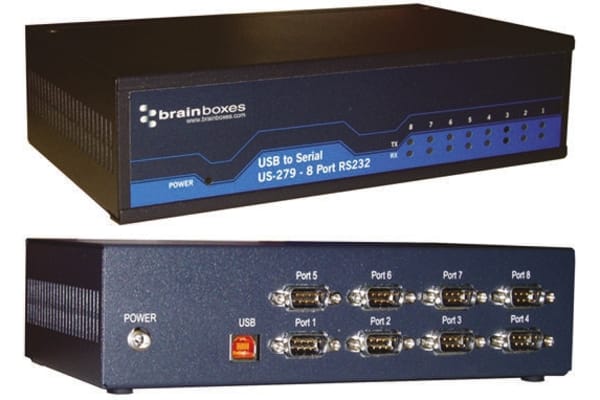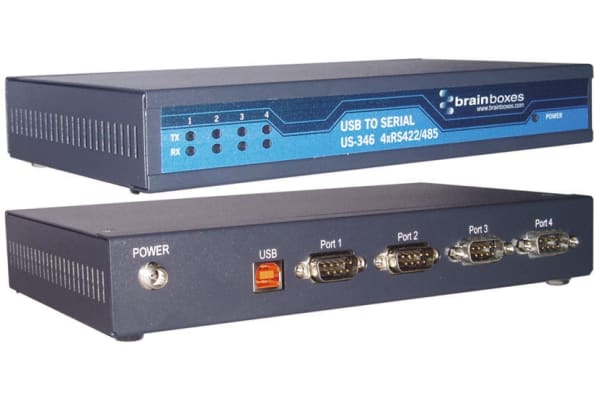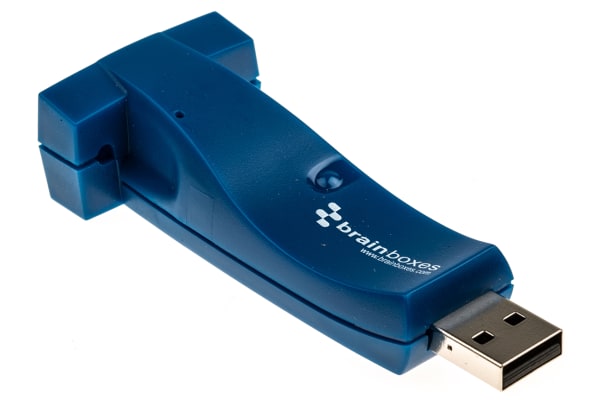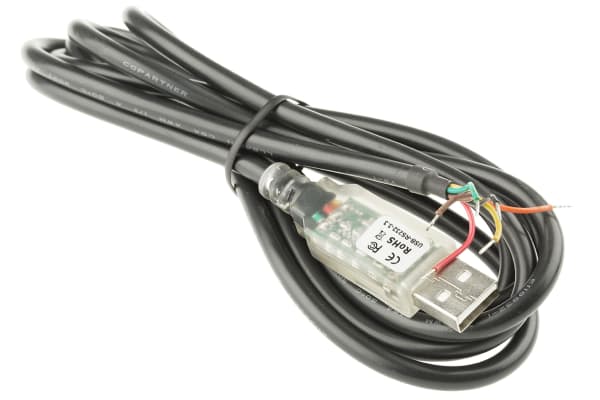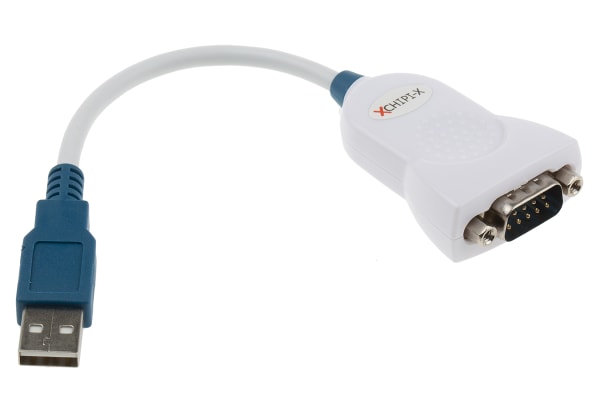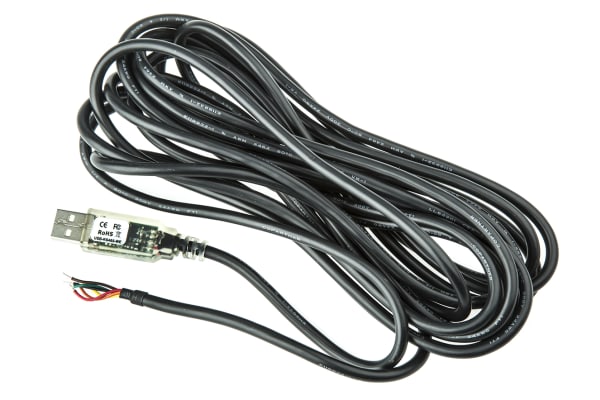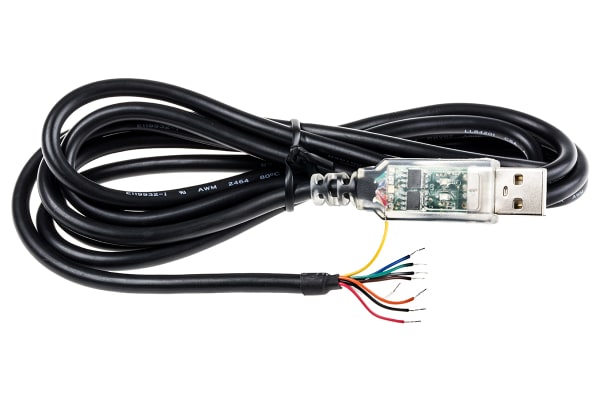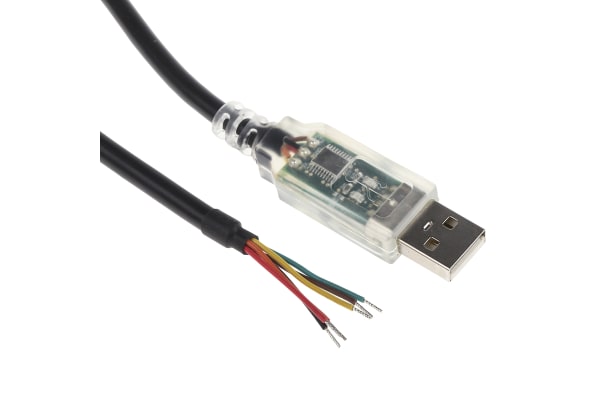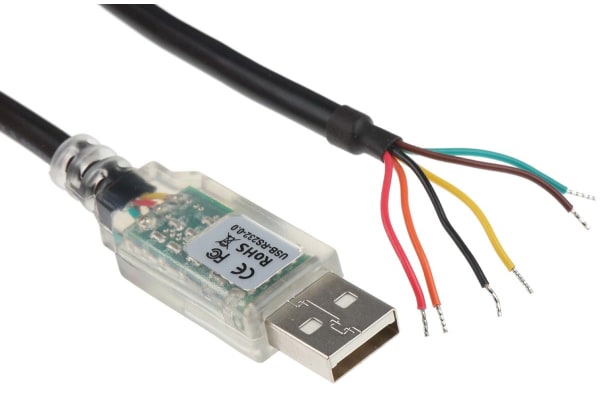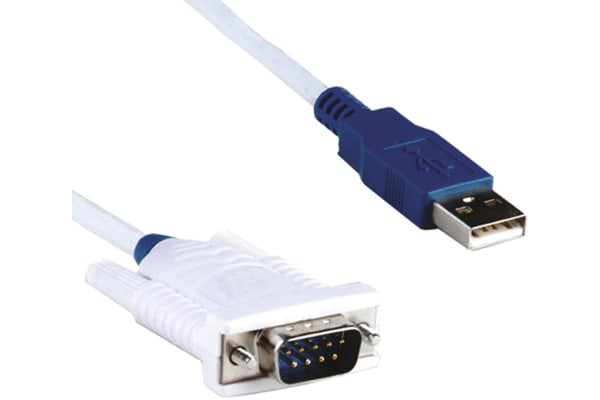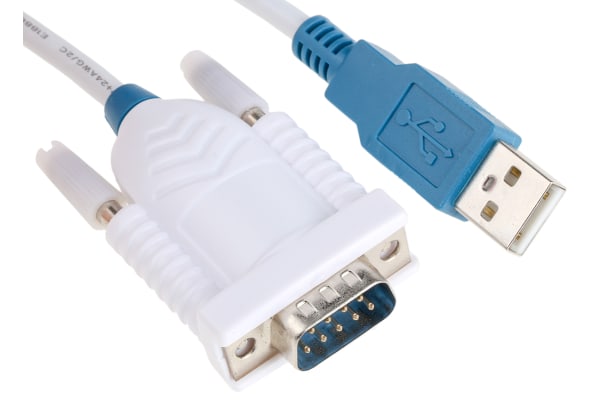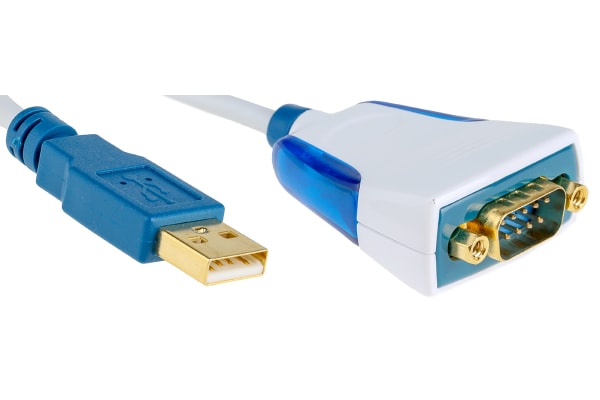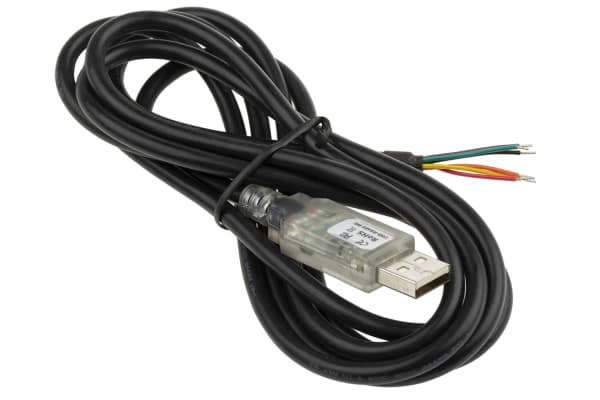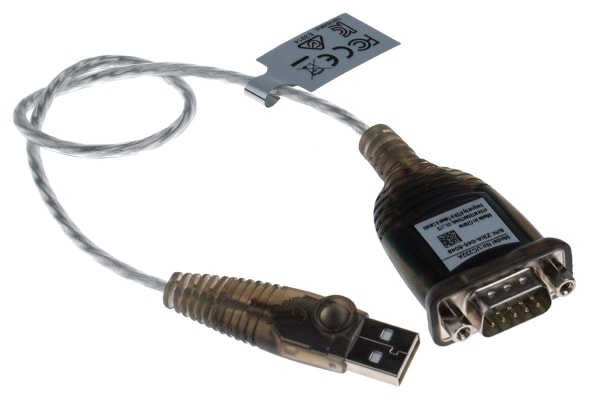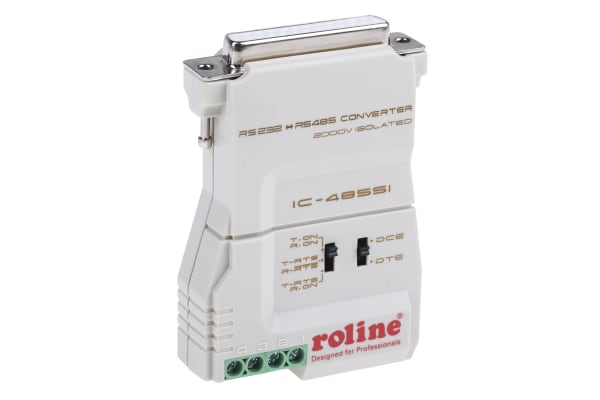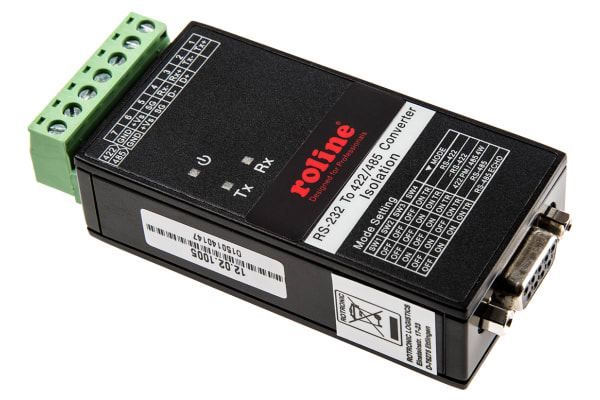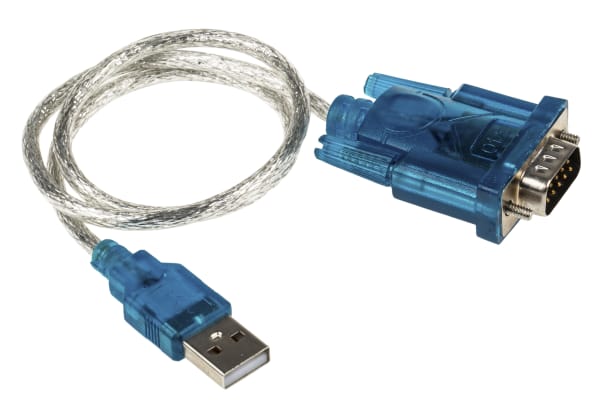Serial Converters & Extenders
Serial converters and extenders are useful pieces of hardware designed to transfer data from a host computer to peripheral devices. Sometimes this involves a single cable to transfer data, for more specialist reasons, hubs are used to connect multiple serial outputs. Extenders stretch and maintain transfer rates over longer than normal distances.How do serial converters work?Whether the converter has a 9-pin or 25-pin connection, each pin has a specific job to allow data to be transferred. Serial connections work by transferring one byte of data at a time sequentially and are preceded with a start bit ‘0’ and proceeded with a stop bit. This is in contrast with parallel connection where multiple bits of data can be transferred at the same time.How do you use a serial converter?Most common applications of COM ports are in point of sale systems (cash registers, bar code scanners etc.) and some medical equipment. Using a single cable to connect these devices is simple, plug one end into the host computer and the other into the peripheral device. If using a hub, software is usually needed to be downloaded before connecting any appliances.What types are of serial converters and extenders are there?Serial converters have been an integral part of computing for 20 years and so a lot of serial devices like modems and printers, which are perfectly functionable, remain with these older connection types.New types of connections have been developed and an adapter usually has a USB end to connect to modern computers. They’re commonly referred to as USB-to-Serial.Serial connections can be split into two categories; serial connectors and serial ports. The most common types are listed below:Serial ports:RS-485RS-422RS-232LIN (Local Interface Network)SPI (Serial Peripheral Interface)I2CI2SSMBusSerial connectors:9-pin DB-925-pin DB-25RS Components feature a generous range of video converters, supplied by leading brands such as StarTech, FTDI Chip, and of course our trusted own brand RS Pro.
-
Brainboxes Converter
IDR1,706,979.86 -
Brainboxes Converter
IDR5,617,488.84 -
Brainboxes Converter
IDR4,359,018.62 -
Brainboxes Converter
IDR1,287,944.31 -
Brainboxes Converter
IDR931,213.42 -
FTDI Chip 1.8m Male USB to Wire Ended Black Interface Converter Cable
IDR666,471.06 -
FTDI Chip 100mm Male USB to Male RS232 White KVM Mixed Cable Assembly
IDR388,932.12 -
FTDI Chip 5m Male USB Black Interface Development Kit
IDR909,081.63 -
FTDI Chip Converter
IDR1,349,829.41 -
FTDI Chip Converter
IDR557,700.13 -
FTDI Chip Converter
IDR782,898.96 -
FTDI Chip Converter
IDR1,250,708.36 -
FTDI Chip Converter
IDR803,037.84 -
FTDI Chip Converter
IDR549,413.82 -
FTDI Chip Interface Converter Cable
IDR1,058,549.88 -
FTDI Chip USB Serial Cable Adapter
IDR711,468.87 -
FTDI Chip USB to RS232 Converter
IDR1,045,123.96 -
FTDI Chip USB to RS232 Converter
IDR318,550.93 -
ICP DAS USA USB Serial Cable Adapter
IDR3,217,920.31 -
Mitsubishi Converter
IDR897,543.73 -
Roline Converter
IDR2,513,583.96 -
Roline Converter
IDR4,076,549.85 -
Roline Converter
IDR2,091,296.82 -
RS PRO USB Serial Cable Adapter
IDR462,250.23




